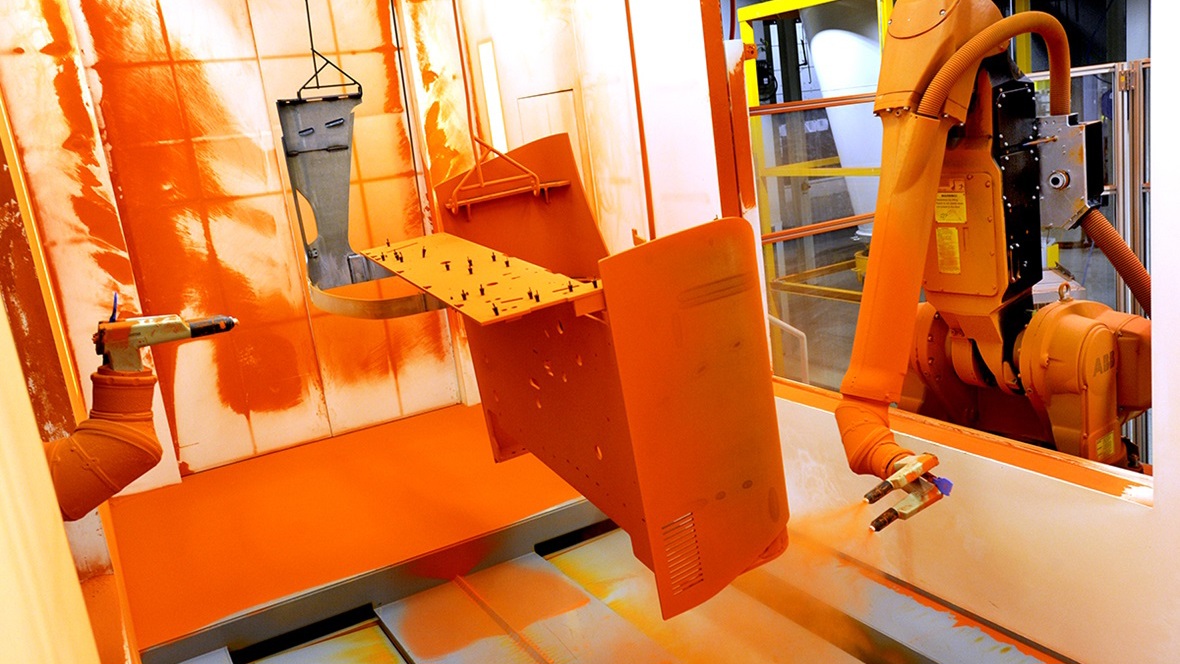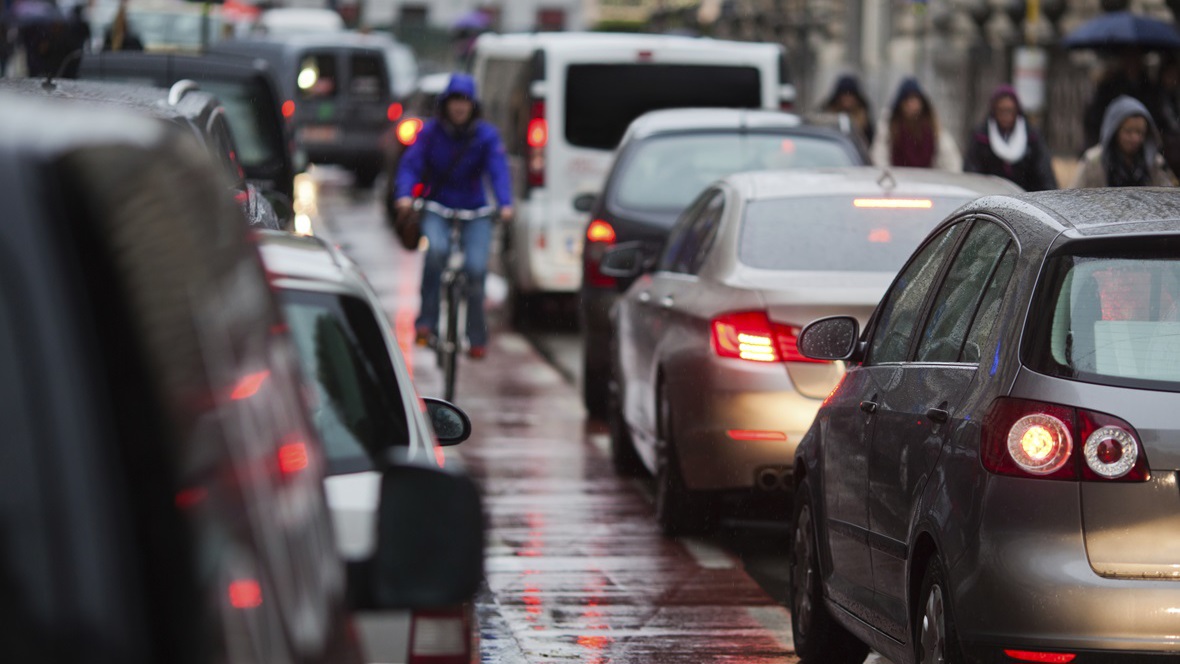LiU Sustainable
Agenda 2030
UN Sustainability goals Photo credit Susie Hedberg
Concerns environmental, financial and social sustainability. Top-flight research groups are working in, for example, climate and climate policy, ecology, sustainable cities, the circular economy, biogas, industrial symbiosis, environmental management systems, and new materials.
Biogas
Biogas contributes to all of the UN’s sustainable development goals. LiU has strong multidisciplinary research that covers the complete range from refinement of the processes to distribution, use, and the societal effects of biogas. LiU is also host university to the Swedish Biogas Research Center, BRC.Circular economy
Concerns resource-efficient solutions, life-cycle-based business models, and the development of combined product and service provision. The research gathers technology, economy and the social sciences, and research is conducted in close collaboration with small and large companies.
LiU also coordinates the Mistra REES research programme – resource efficiency and effective solutions – under the auspices of the Swedish Foundation for Strategic Environmental Research.
Climate and climate policy
This research is multidisciplinary and unites traditions from the natural sciences, social sciences and humanities. The climate problem is placed into context with other measures for sustainable development. The researchers also study how knowledge and communication are used as a basis for decisions on large-scale manipulation of the climate.
Ecology
The research explores not only how animals and plants are influenced by their surroundings and by each other, but also the role of humans in the ecosystem and how important substances such as carbon, chlorine and greenhouse gases such as carbon dioxide and methane circulate in various ecosystems.
Environmental management systems
The focus of the research is on change and environmental management, and it is conducted from technical, economic and social scientific starting points.
Environmental problems and an environmental perspective lead to change, while politics and systems sometimes preserve old ways of thinking, becoming in this way obstacles to the move towards a more resource-efficient society.
Forestry and agriculture
Forestry and agriculture are central in society’s quest for sustainable development. LiU conducts outstanding research in new materials from forestry products, and is host university for the VinnVäxt programme Agtech2030.
Industrial symbiosis
Long-term collaboration between local and regional actors makes possible a more efficient use of materials, energy and other resources, not only in a local area, but also throughout Sweden and around the world.
New materials
LiU is host to the Swedish Government Strategic Research Area in Materials Science on Functional Materials, that carries out both basic and applied research into new materials in such fields as more efficient energy conversion, solar cells, white LED illumination, water purification, electronic plants, etc., all designed to achieve higher sustainability.
Sustainable cities
This research collects technical, economic and social scientific starting points. The role of industry in the city is studied as is how the choice of technical systems guides the way in which people act. The research covers a broad spectrum: from studies of cycling, traffic and sustainability in Norrköping and Linköping to resource management and sustainable development in the world’s megacities.Related research areas
Whose results also contribute to increased sustainability: Energy (and energy efficiency), Flows and contaminants, Green humanities, (sustainable) Production and (sustainable) Transport.



